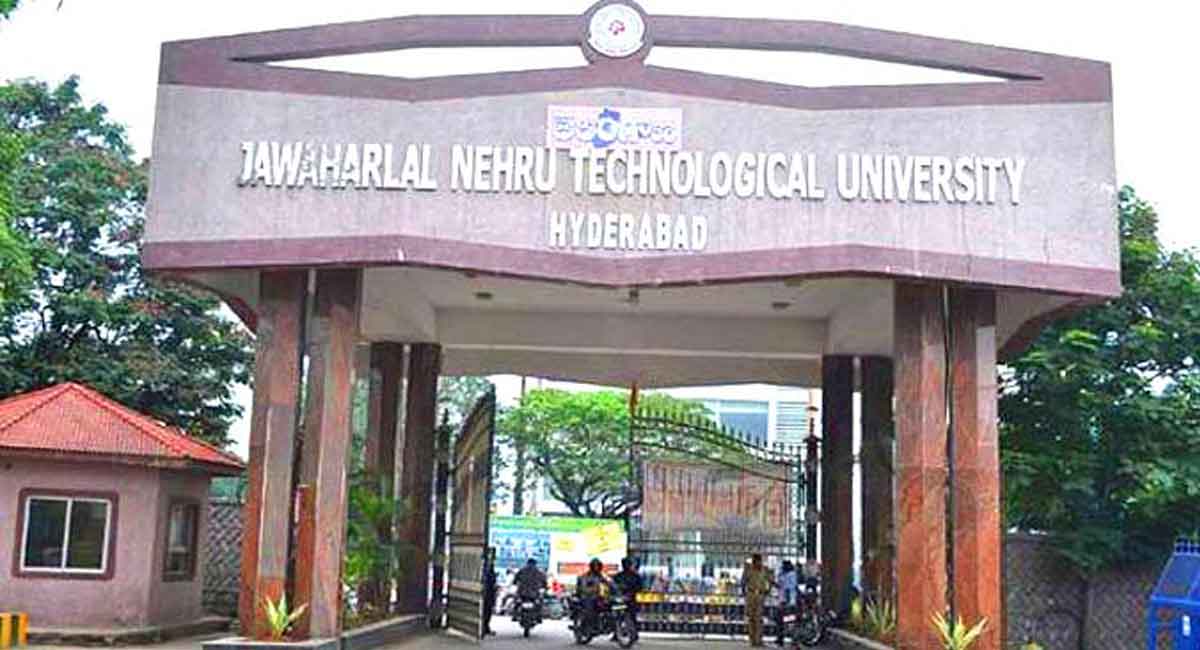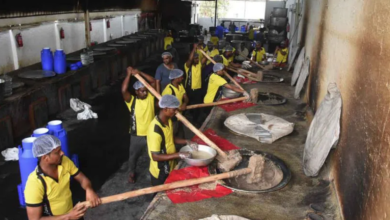JNTU-Hyderabad to revamp curriculum of all its courses

Hyderabad: With the advent of new technologies and changing requirements of the industry, the Jawaharlal Nehru Technological University-Hyderabad (JNTU-H) has decided to revamp curriculum of all its courses. The revised syllabus for BTech, B Pharmacy, M Tech, M Pharmacy, MBA and MCA programmes will be implemented from the next academic year i.e., 2022-23.
To this effect, the varsity has roped in 150 experts from diverse fields including professors from the Indian Institutes of Technology (IITs) and National Institutes of Technology (NITs) from across the country who will take part in joint Boards of Studies meetings of the university which are scheduled for May 19, 20 and 21. These apart, experts from industry will be also suggesting inputs in redesigning the course curriculum to cater to the requirements of the industry.
“The syllabus of all undergraduate and postgraduate courses of the University will be revised in line with the National Education Policy and as per the industry needs,” a senior official said.
Though, the varsity has been re-designing the course curriculum for every three years, there was a delay this time due to the Covid-19 pandemic. However, with academic institutions resuming physical classes and conducting regular examinations, the university has decided to rejig the syllabus.
The objective of the revision is to keep students abreast with the latest technologies and make them learn the skills required by the industry, besides improving their employability quotient.
Towards this, the university will take a call on adding more number of practical classes for the engineering subjects. Also, on the cards is to reduce the total number of credits from 180 to 160 for the engineering courses. In addition to this, the internships are likely to be mandatory for all the students from the next academic year.
These apart as large number of private engineering colleges were doing away with the core engineering branches and introducing courses in emerging technologies, the university is planning to make these core engineering branches more appealing. For this, subjects in the emerging technologies may be introduced as electives for core engineering branch students.
During the three-day meeting, the university will also examine the need for new courses. Artificial Intelligence, Machine Learning, Internet of Things, Computer Engineering, Automation and Robotics among other engineering branches had been introduced at the undergraduate level during the last couple of years.
Also, on the meeting agenda is introducing multiple-entry and exit policy as part of NEP implementation. The policy will allow students to choose whether they want a one-year (certificate), two-year (diploma), three-year (degree) and four-year (Hons) courses as part of the four-year degree programme.







